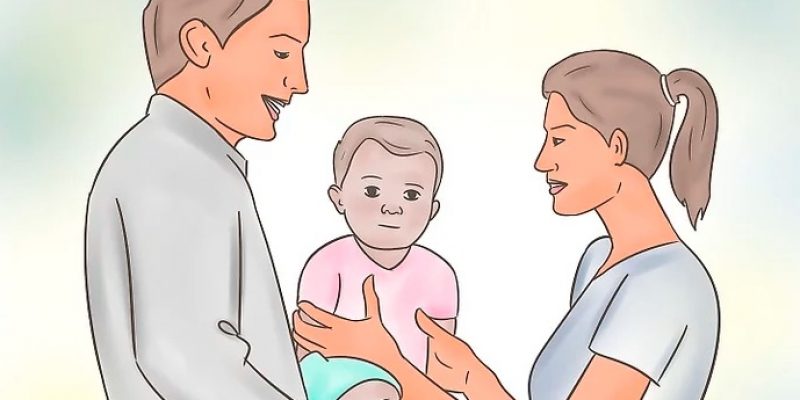Louisiana should join several other states in a growing movement to curtail what is known as court-ordered family reunification therapy.
The controversial practice began about a dozen or so years ago applied to extremely contentious child custody cases. Its premise rests upon the belief that one parent who has near-exclusivity in custody of minor children uses that monopolistic arrangement to denigrate the other parent to the point that the other parent considers that misleading and unfair to his (almost always a male) ability to have a relationship with the children, in essence poisoning their relationship to him that reduces if not eliminates that aspect of his life. Its point is to place forcibly the children in the presence of the shunned parent, even if they don’t wish that (under the assumption the custodial parent has “brainwashed” the children against him), and without the custodial parent involved, for her part having to undergo a kind of reeducation to change her ways that allegedly have turned the children against the non-custodial parent.
In its most extreme form, a court orders – at exorbitant expense to the non-custodial parent paid to a third party that claims special expertise in these matters – the children transported to a site where they are encouraged to interact with him, regardless of their or the custodial parent’s wishes. Controversy has risen over these tactics, with verifiable claims from some children involved that these involuntary confining and behavioral devices that have included restraints and food and drink restrictions constitute child abuse, while custodial parents complain that, unless they admit to denigrating falsely the other parent to their children to fulfill selfish desires, they aren’t allowed to regain custody or even have contact – even in instances where the non-custodial parent in the past engaged in abusive behavior towards the children. This has led to some children being separated for years from the parent they do wish to live with and did live with and having to live with the parent they don’t wish to live with and continue not to wish that, despite heartfelt and consistent pleas to be returned to the other parent who has an excellent custody record.
It’s all legal because judges order it. Rarely do judges, even those who regularly handle custody cases, know any specifics about the “therapy” involved. Nor has any legal or medical association recognized what reunification advocates – almost always involved in fee arrangements that benefit by increased use of the service – allege is a psychological affliction at the core of these disputes, “parental alienation syndrome.” Most mental health and child care experts reject this designation and the resulting “therapy” as beneficial, if not warning about its dangers. Nor has any independent research demonstrated any utility to the treatment approach.
Judge seldom know these things and so take the word of presumed experts – again, often with a financial connection to providing the service or who themselves perhaps don’t know all of the details of the “treatment” – as a way of handling contentious cases they’d rather be rid of or have to spend less time involved with. And thus rumbles on an unregulated cottage industry usually shielded from transparency because most of the court cases involved operate under seal.
Undoubtedly, in some cases a custodial parent does badmouth the other parent in ways designed to turn children against him. And while in cases where sole custody goes to one parent, with only few and supervised visits allowed the other, that usually is granted for very justifiable reasons, possibly over time that should be reevaluated for relaxation without the custodial parent having a veto power over any relaxation.
But this process is not the way to do it, given the enormous potential for abuse of the children involved and of the rights of the custodial parent. Several states recently and rightly have banned its use.
With almost all of this kind of case under seal, it’s impossible to know how often this method is used in Louisiana disputes. A web search turns up a few Louisiana individuals holding themselves out as having expertise in the practice, any regulation of which doesn’t appear in statute or administrative codes. But even if such cases are rare in the state, in next year’s legislative session Louisiana should join those other states with a ban on this something that is untested, unproven, and all too likely to harm children more than it helps them.
Advertisement
Advertisement

